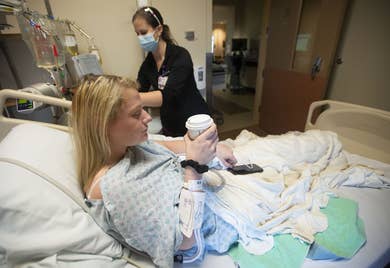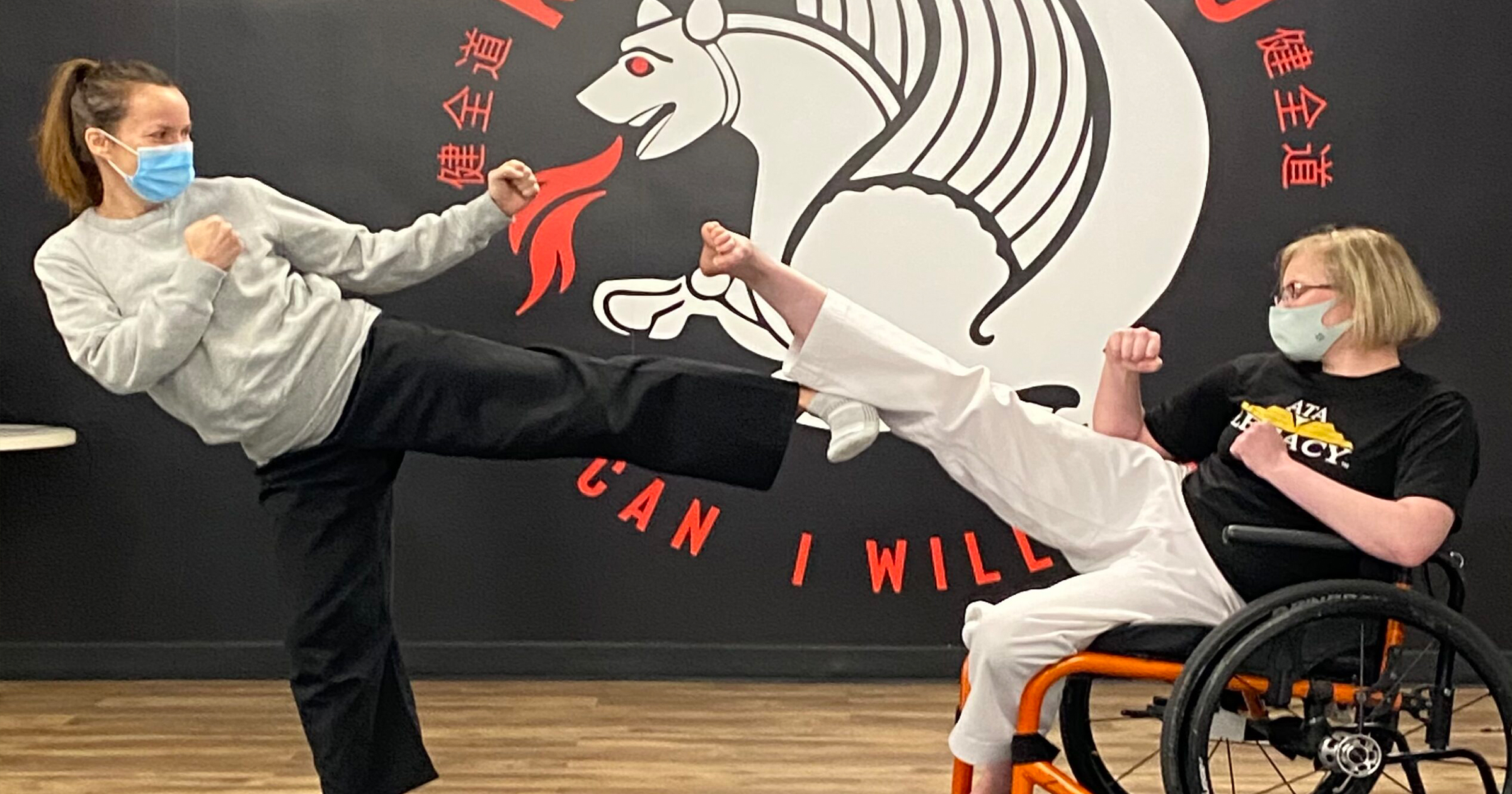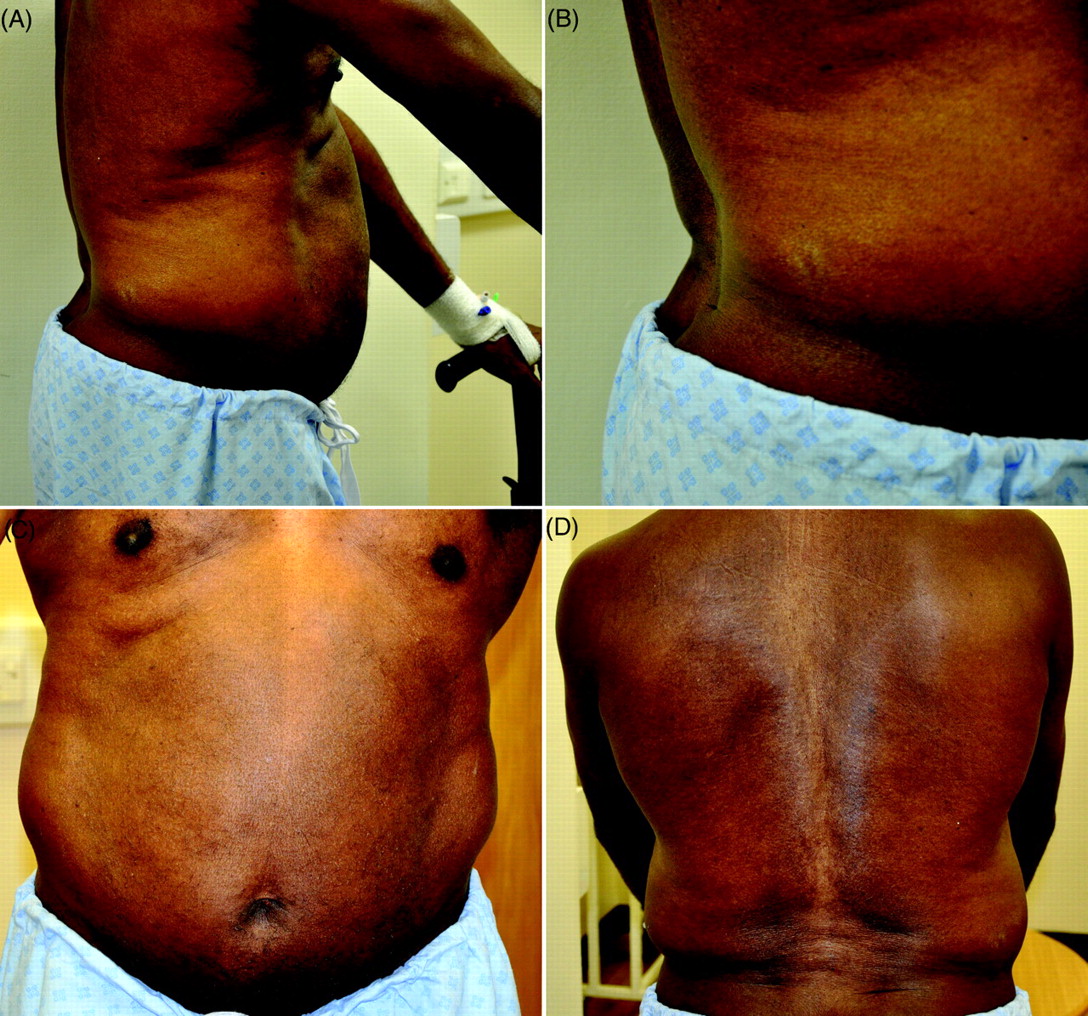Stiff Person Syndrome
The stiffness primarily affects the truncal muscles and is superimposed by spasms resulting in postural deformities. Muscle rigidity sporadic muscle spasms and chronic muscle pain characterize SPS.

W Jrkknx23bb M
Autoimmune disorders including diabetes thyroiditis vitiligo and pernicious anemia.

. But more people are affected than reported due to misdiagnoses. Affected individuals also develop involvement of the brainstem which can cause myoclonus. Muscle spasms can be so violent they can dislocate joints and even break bones.
Stiff Person Syndrome SPS is an autoimmune and neurological disorder that can make the muscles in the torso and limbs alternate between rigidity and spasms. SPS is characterized by fluctuating muscle rigidity in the trunk and limbs and a heightened sensitivity to stimuli such as noise touch and emotional distress which can set off muscle spasms. Stiff-person syndrome SPS is a rare and disabling central nervous system disorder with no satisfactory treatment.
Stiff person syndrome SPS is a rare progressive syndrome that affects the nervous system specifically the brain and spinal cord. SPS is labeled as a rare disease. It causes progressive muscle stiffness and painful spasms that can be triggered by a variety of things including sudden movement cold temperature or unexpected loud noises.
SPS is strongly correlated with autoimmune diseases and it is usual to find high titers of antibodies against acid decarboxylase GAD65. Stiff person syndrome SPS is a very rare disease affecting only one or two people per million. Stiff-person syndrome also known as stiff-man syndrome is a rare neurologic disorder of unclear cause characterized by progressive rigidity and stiffness.
The cause of this extremely rare disease is still unknown. Stiff person syndrome SPS is a neurological disease with autoimmune features. Stiff person syndrome SPS is an autoimmune neurological disorder.
Like other types of neurological disorders SPS affects your brain and spinal cord central nervous system. Chronic pain impaired mobility and lumbar hyperlordosis are common symptoms. SPS occurs in about one in a.
Certain cancers including breast lung kidney thyroid colon and Hodgkins lymphoma. Jerking stiff-person syndrome is characterized by muscles stiffness and spasms usually affecting the legs. Spasms can generate enough force to fracture bone.
Symptoms may include extreme muscle stiffness rigidity and painful spasms in the trunk and limbs severely impairing mobility. Stiff person syndrome is more likely seen in people with certain types of diseases including. Symptoms include muscle spasms hyper-rigidity debilitating pain and chronic anxiety.
Stiff-person syndrome SPS is a rare neurological disorder with features of an autoimmune disease. Myoclonus is a general term used to describe the sudden involuntary jerking of a muscle or group of muscles caused by muscle contractions positive myoclonus or.
:quality(70)/cloudfront-us-east-1.images.arcpublishing.com/cmg/AJAKL35JMBQ6RCLOXD752TCNAY.jpg)
T87d 9avspb1um

Stiff Person Syndrome Tremors And Spasms Youtube

Stiff Person Syndrome Causes Symptoms Diagnosis Treatment

The Stiff Person Syndrome Research Foundation Chan Zuckerberg Initiative

Stiff Person Syndrome Practical Neurology

Stiff Person Syndrome

Role Of Osteopathic Manipulative Treatment In The Management Of Stiff Person Syndrome

Stiff Person Syndrome With Evidence Of Nonspecific Focal Myositis Secondary To Sustained Muscle Contraction A Case Report Sciencedirect
Progression And Stages

Mhiir On Twitter Stiff Person Syndrome Common Symptoms Stiffpersonsyndrome Sps Stiffpersonsyndromeawareness Spsawareness Commonsymptoms Raredisease Autoimmune Autoimmunedisease Autoimmunedisorder Chronicpain Chronicillness

Pdf Anesthetic Considerations Of Stiff Person Syndrome A Case Report Semantic Scholar

The Stiff Person Syndrome Research Foundation

Kylie Allen Kulyk Gets Treatment For Stiff Person Syndrome In Erie
Stiff Person Syndrome And Related Disorders Buy Stiff Person Syndrome And Related Disorders By Termsarasab Pichet At Low Price In India Flipkart Com

Stiff Person Syndrome Fact Sheets Yale Medicine

Stiff Person Syndrome Practical Neurology

Fugv5 A6rxnhpm